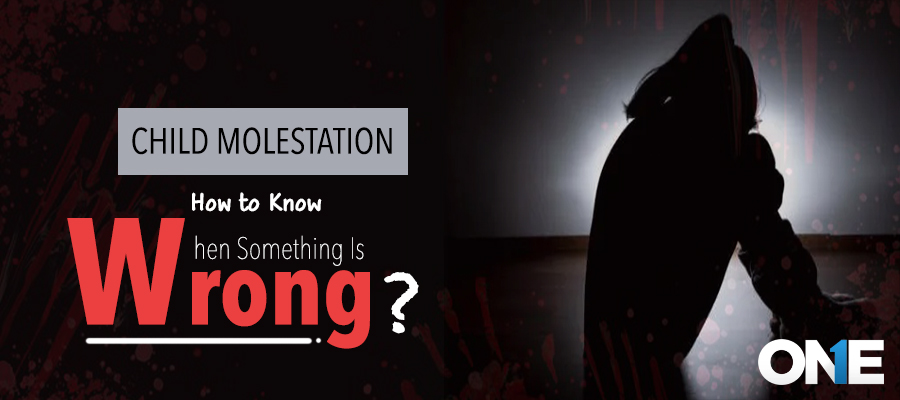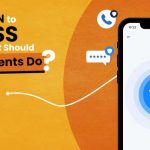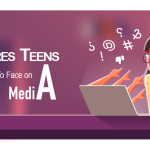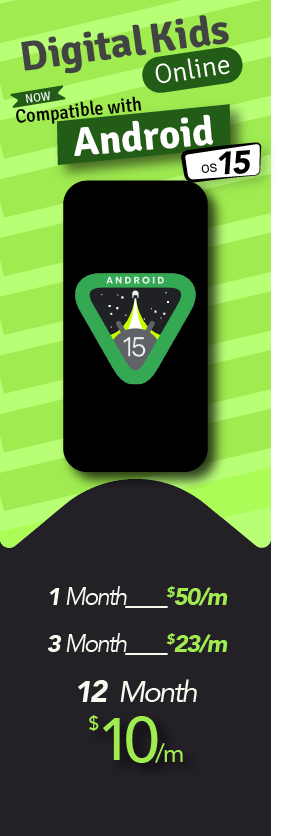Child molestation is an ongoing raising issue that affects millions of kids’ lives. As a parent, you may feel awkward about something wrong with your children. Therefore, it is necessary to understand the warnings and signs to take action to protect children.
Parents’ foremost duty is to maintain their children’s well-being and safety. This guide will familiarize you with the indicators of possible wrongdoing between fun and inappropriate contact. Trust your instincts – if something does not feel right, it is not correct. As a parent, you are the best person to know your child.
Thus, this post will explain and assist you in identifying the red flags and taking appropriate actions to create a secure environment for your children.
What is Child Molestation?
Child molestation is a form of child sexual abuse and exploitation without age consent. It’s violated by gaining trust and safety/security with a child by an individual. A recent survey shows 57,329 kids being victims of sexual abuse. And nine girls out of 20 boys, age 18, experience a total of 82% of females face sexual abuse. It shows the high risk of child molestation and the need to highlight and control to safeguard your children.
Warning Signs of Child Molestation
For parents, it is imperative to notice the signs of a pedophile. It could indicate physical abuse. Be alert to whether your child suddenly behaves differently or shows different traits. For instance, they show signs of depression, such as depression, anxiety, and aggression. Sudden withdrawal from friends and family, and unusual interest in sexual topics. These can be manifestations of emotional trauma.
Emotional shifts
There are effects on children’s emotional health as they feel sad, face anxiety attacks, fear, low self-esteem, disturbance in sleep, and face low interfirirority complex.
Physical Effects
It also has physical changes such as unexplained injuries in sensitive parts, pain while walking and sitting.
Avoiding Specific Individuals
Find out whether your kid suddenly avoids being by themself with some family members, friends, or people they know. This might make them lose interest in that person.
Sleep Problems
Look for signs of insomnia or nightmares. This could show that your child feels uncomfortable or unsafe.
Poor Performance in School
If you find a sudden change in your child’s performance or behavior in school, then it’s time to check. Lack of concentration or drive may be signs of emotional issues.
Those indications are not always evident, but as a parent, you know your kid the most. Do not disregard your instincts — if something doesn’t feel right, get the help you need immediately. What matters most is that the child is safe and provided with the necessary help. Getting abused earlier can be a prevention of long-term trauma and the kid’s healing.
What To Do If You Feel That Child Molestation Is Being Faces by Your Child.
Whether you are a concerned dad or a very simple mom, reading something like this must be pretty hard for you to even comprehend, but imagine the consequences of something like this happening to your own child. Without a doubt, if you are a concerned parent, things like these definitely keep you up at night. Fortunately for you, there are ways to learn such occurrences beforehand, such as;
Look for Warning Signs
Pay very close attention to your kid for any indicators of abuse. It includes unexplained injuries, acting out sexual behaviors, withdrawal, or depression. Trust your intuition- if you feel something isn’t right about your child’s behavior. Pay close attention to another person’s role in their life; it’s better to investigate it further.
Talk to Your Child
Talk to your child frankly about what you worry about. Ensure them that they can report anything without fear of punishment. Softly inquire about their relationships with adults, teachers, coaches, or older kids who are significant to them. Try to identify inconsistency and unwillingness to share information on specific individuals.
Encourage Open communication
Check your child’s activities and discuss a routine that encourages them to communicate about everything happening. It is necessary to create a judgment-free environment where they feel comfortable talking.
Create Secure Environment
Keep an eye on your children’s activities and notice them around people in school, the park, and the play area. Restrict outdoor activities when your child interacts with adults.
Guide safe boundaries
It is necessary to speak, restrict their activities, and say no or yes. Whom they can contact or whom not. And tell them to get permission before they visit friends and go outside.
Contact the Authorities
If your child tells you that he is abused or you doubt that he is in danger now, immediately report this to Child Protective Services. You can also dial emergency services. They can assess the situation, make sure of your child’s safety, and check the situation. Give as much detail as you can on the disclosure or how you have noticed certain signs.
Consider Counseling
Whether the abuse is proven or not, counseling can be used to address behavioral or emotional problems. It ensures your child is in a safe space. In addition, talk therapy helps to deal with these feelings of guilt, anger, or powerlessness.
The first thing you should do is act fast to secure your child. Do not disregard the warning signs or dismiss your intuition-you know your child better than anyone else. By staying alert, having ongoing communication, and seeking professional help when needed, you become a critical part of the process of child abuse prevention.
Teen Watch
While teens can look after themselves and voice their concerns, it does not mean they are less vulnerable to this threat. Teens between the ages of 13 and 17 are the most susceptible to being molested, and more often than not, such teens do not tell their parents what has transpired with them thus, if you use a TheOneSpy parental monitoring application to see what your teen has been up to by looking closely at their browsing history, social media accounts, text messages, chats, and phone calls, which can provide you with an insight into what goes on in your child’s head.
Furthermore, their behavior and activities can also be a way for you to get something wrong. If your child is snappy, eats too little, plays with the food on their plate, and keeps to themselves, unlike how they used to act before, then all that spells trouble for you
Use Parental Monitoring App
While we recommend the use of TheOneSpy application as a parental control last resort when nothing helps, even though it is highly recommended. This empowers parents to monitor kids’ activities and watch everything happening. This allows users to review every bit of activity without being detected. This robust feature enables parents to have real-time location, social media monitoring, call recording, screen recording, and all other activities without notifying the targeted person. But you must install TheOneSpy on the targeted device and login to the web control panel.
The Bottom Line
Parents should be vigilant about some of the red flags if they have the suspicion of a child being molested. Do not be scared to ask questions or to report suspicious activity. Teach your children that they can always come to you if they ever feel unsafe. By being vigilant and monitoring their activities, we will be able to cooperate in keeping our kids safe. Thus, using the TheOneSpy children monitoring application not only helps you look out for them, but you can also make sure that their children don’t earn an experience with the potential to traumatize them for life forever.







